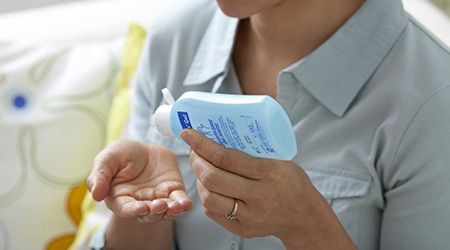New research published by Science Translational Medicine shows that several strains of bacteria have begun adjusting to alcohol-based hand sanitizers, according to an article on the NPR website.
They're not resistant yet, but they're becoming "more tolerant." The bacteria were able to survive for longer periods of time after being doused with alcohol. The increasingly tolerant bacteria causes enterococcal infections that affect the digestive tract, bladder, heart and other parts of the body.
The researchers used different strengths of alcohol concentrations to combat the bacteria. It took a 70-percent alcohol mixture to eradicate the bacteria — hand sanitizers are usually 60 percent alcohol.
Many of these alcohol-tolerant bacteria are resistant to multiple drugs as well, the article said. Enterococci is most often found in hospitals. But this research has implications for any bacteria that may begin tolerating alcohol.

 What 'Light' Daily Cleaning of Patient Rooms Misses
What 'Light' Daily Cleaning of Patient Rooms Misses Sprinkler Compliance: Navigating Code Mandates, Renovation Triggers and Patient Safety
Sprinkler Compliance: Navigating Code Mandates, Renovation Triggers and Patient Safety MUSC Board of Trustees Approves $1.1B South Carolina Cancer Hospital
MUSC Board of Trustees Approves $1.1B South Carolina Cancer Hospital Study Outlines Hand Hygiene Guidelines for EVS Staff
Study Outlines Hand Hygiene Guidelines for EVS Staff McCarthy Completes $65M Sharp Rees-Stealy Kearny Mesa MOB Modernization
McCarthy Completes $65M Sharp Rees-Stealy Kearny Mesa MOB Modernization